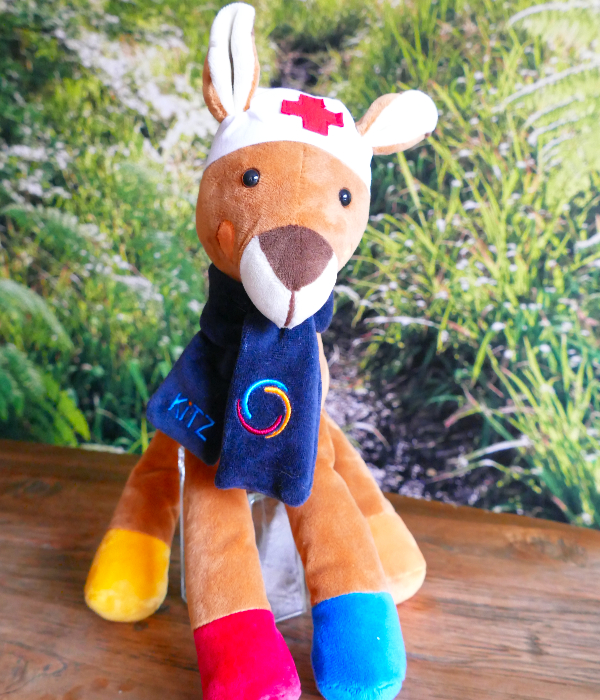Practical Information
for our patients and their parents
Our patients are very weakened by their underlying illness or due to the therapies they have undergone and should take a number of aspects into account to ensure that they get through the time during and after therapy well. We have compiled everything you need to know on the pages of the KiTZ companion: Detailed, further information on the time during and after treatment, what to bear in mind when your child is back home, and what visitor regulations apply on the ward. In addition, our explanatory videos “Cancer in children made clear” answer questions about the most important basics of cancer in young patients, established treatment methods and new therapies. Affected families also receive nursing tips, e.g. on nutrition, catheter care and psychosocial issues.
All of the following information and behavioral recommendations apply to our patients undergoing intensive chemotherapy. Some of our patients receive a less immunocompromising therapy, so not all of these precautionary measures apply to them. We as the treatment team will inform you accordingly if other recommendations apply to your child.
Please present your child to us immidiately, if...
- Temperatures above 38.5°C / 100 °F over 2 hours
- Shivering fits/ ague, deterioration in well-being
- Signs of bleeding (→ recognition of an increased risk of bleeding)
- Respiratory distress
- New onset of pain
- Lack of urine output for 8 hours or longer

